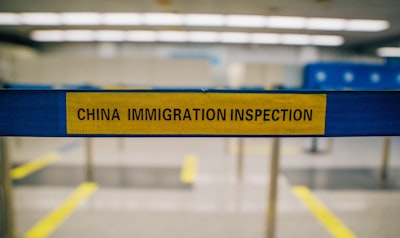Overview
Third-country deportation refers to a government practice in which migrants or asylum seekers are removed from a host country and sent to a nation other than their country of origin. This policy, also called third-country removal or relocation, has become particularly significant in U.S. immigration law, especially during the Trump administration era.
Historical Development
The United States has a long history of deporting individuals to their country of origin following immigration violations or criminal convictions. However, the practice of sending migrants to third countries, where they often have little or no connection, is a more recent phenomenon. It gained prominence in the late 2010s when increased migratory flows, legal complexities, and diplomatic arrangements influenced U.S. policy. Some policies were shaped with the intent to deter irregular migration and to share migration management responsibilities with partner nations.
Legal Framework
Third-country deportations are typically governed by bilateral or multilateral agreements between the United States and receiving states. The U.S. Supreme Court has played a critical role, with major decisions clarifying the administration's authority to deport migrants to third countries irrespective of their personal ties to those nations. Policies have included both formal Safe Third Country Agreements (STCAs)—such as arrangements with Guatemala—and ad hoc deportations to countries willing to accept third-country nationals.
Key Issues and Controversy
The policy is controversial for several reasons:
- Human Rights Concerns: Critics argue that deportees may face heightened danger, persecution, or lack of legal protection in the receiving country.
- International Law: Opponents cite potential violations of non-refoulement principles, which prohibit transferring asylum seekers to countries where they might face harm.
- Diplomatic Relations: The practice can strain relationships with partner nations, especially where there are concerns about the capacity to ensure the well-being of deportees.
Supporters contend that such relocations help reduce pressure on the U.S. immigration system and encourage cooperation among nations to manage global migration challenges.
Recent Applications
Under the Trump administration, the United States resumed and expanded the practice of third-country deportation. Individuals convicted of crimes, as well as some asylum-seekers, have been sent to countries such as South Sudan, El Salvador, and Rwanda, occasionally irrespective of their prior ties to those countries.
Global Context
Several other countries, including European Union member states and Australia, have adopted similar policies, citing the need to maintain border security and manage asylum processes. The debate around third-country deportation remains highly active within international law, human rights, and migration studies.
See Also
- Safe Third Country Agreement
- Non-refoulement
- Immigration law in the United States

Comments
No comments yet. Be the first to comment!